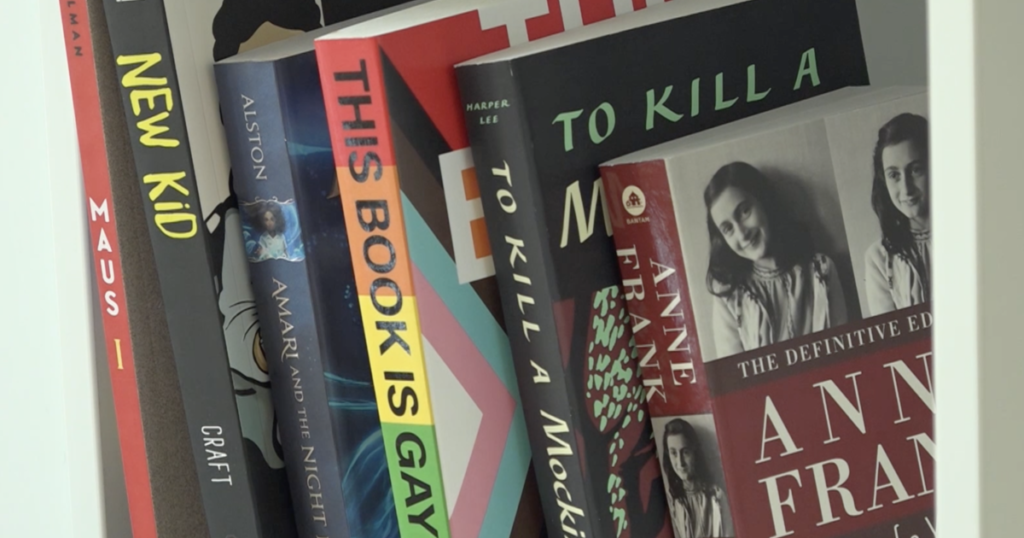In a unanimous decision, the seven-member board of the Alabama Public Library Service has approved the creation of a list of books deemed inappropriate for children. The aim is to safeguard young readers, but the move has ignited a nationwide debate on children’s access to literature that explores LGBTQ identities and racial themes.
John Wahl, a board member and the chairperson of the Alabama Republican Party, explained that the intention is not to prohibit access entirely, but rather to prevent children from inadvertently encountering sexually explicit content. “Parents still have access to it if they want to buy this for their children,” he emphasized.
While the list has yet to be compiled, the decision was prompted by a surge in complaints about sexually explicit content in library books, with some of the challenged titles addressing LGBTQ themes. Ryan Godfrey, a spokesperson for the Alabama Public Library Service, revealed that the list would be curated based on public submissions and made available on the library service’s website, with no specified publication date.
Critics argue that many of the books on the upcoming list will likely contain LGBTQ content. Lauren Boone, a member of Read Freely Alabama, described the initiative as being “underneath it’s anti-LGBTQ+.” However, proponents, such as Hannah Rees from Clean Up Alabama, maintain that the effort focuses on addressing sexually explicit content and radical ideologies targeted at young children rather than singling out LGBTQ literature.
It’s important to note that the Alabama Public Library Service does not possess the authority to ban or request the removal of specific books from state library shelves. The list is intended as an informational guide for public librarians to make informed decisions about their collections.
Alabama’s move reflects a broader trend in the United States, as last year, the American Library Association recorded a significant increase in attempts to ban books, with more than half of the most challenged books having LGBTQ themes. Similarly, Florida’s Education Department recently released a list of approximately 300 books removed from school libraries, many of which addressed LGBTQ themes and racial topics. The discussion over the boundaries of children’s literature and access to diverse perspectives continues to stir controversy across the nation.

